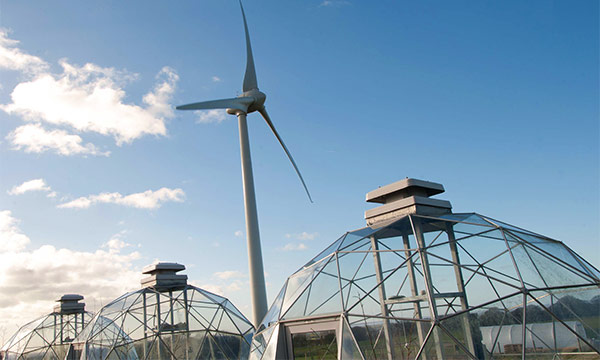Agri-Food
At Lancaster, we aim to facilitate the development of globally relevant and accessible food systems by 2030.
Our research challenges provide a focus for our fundamental and applied research, ensuring our work helps provide the underlying knowledge needed to find effective solutions.
At Lancaster, we aim to facilitate the development of globally relevant and accessible food systems by 2030.

We recognise that sustainable development depends on promoting sustainable patterns of consumption and production as well as protecting and managing the natural resources vital for economic and social development.

We don’t know what the world will be like in 2050. We need a different, pragmatic approach that puts the human dimension centre stage and can constantly adapt to changing circumstances, illuminating them as they change.

Catchments host the infrastructure and industry associated with farms, villages and cities all of which have downstream consequences on water flows and quality.

The tropics incorporate an incredible diversity of language and culture, as well as species and ecosystems. They also have some of the world’s poorest people and nations and some of the highest rates of species loss and ecosystem change.
